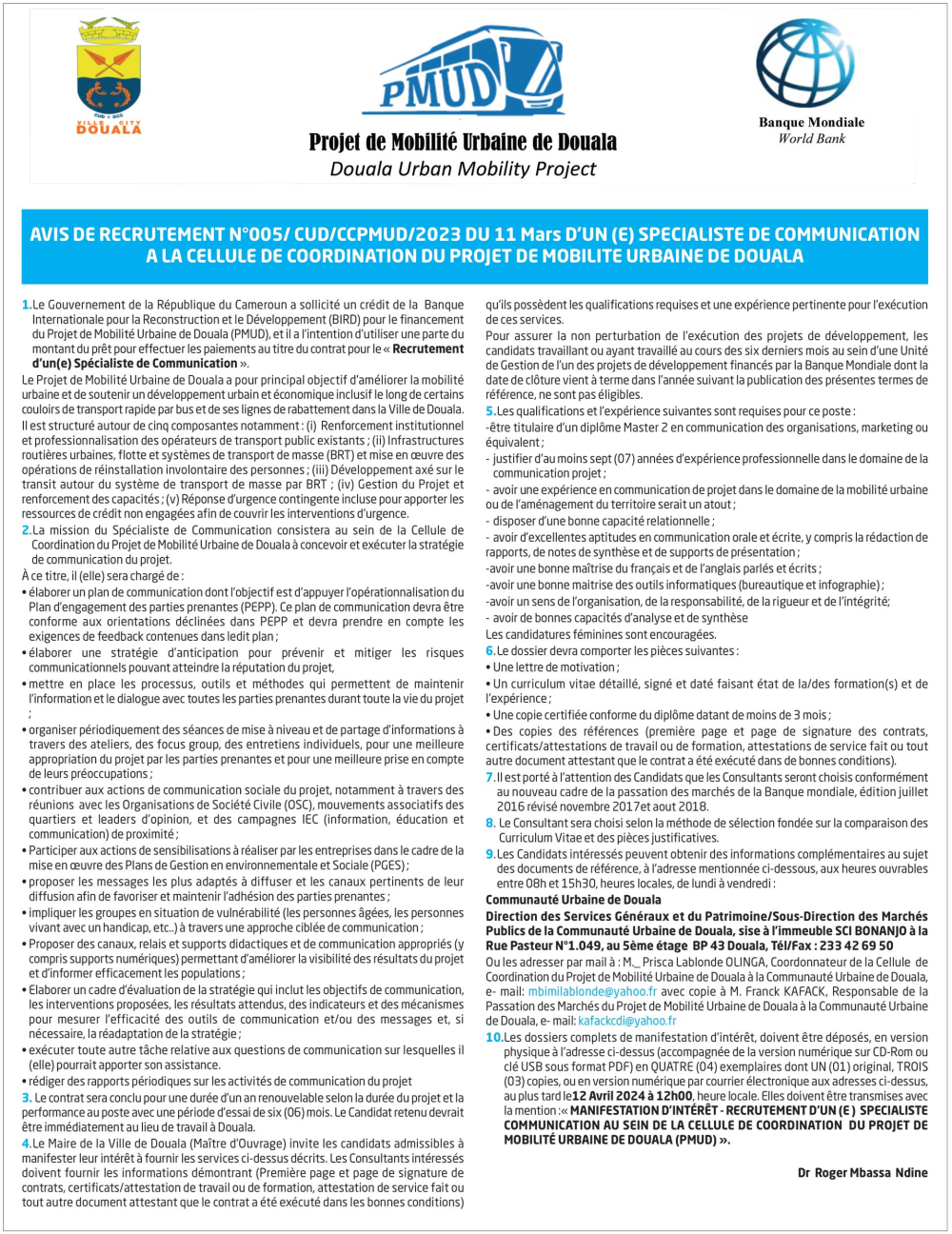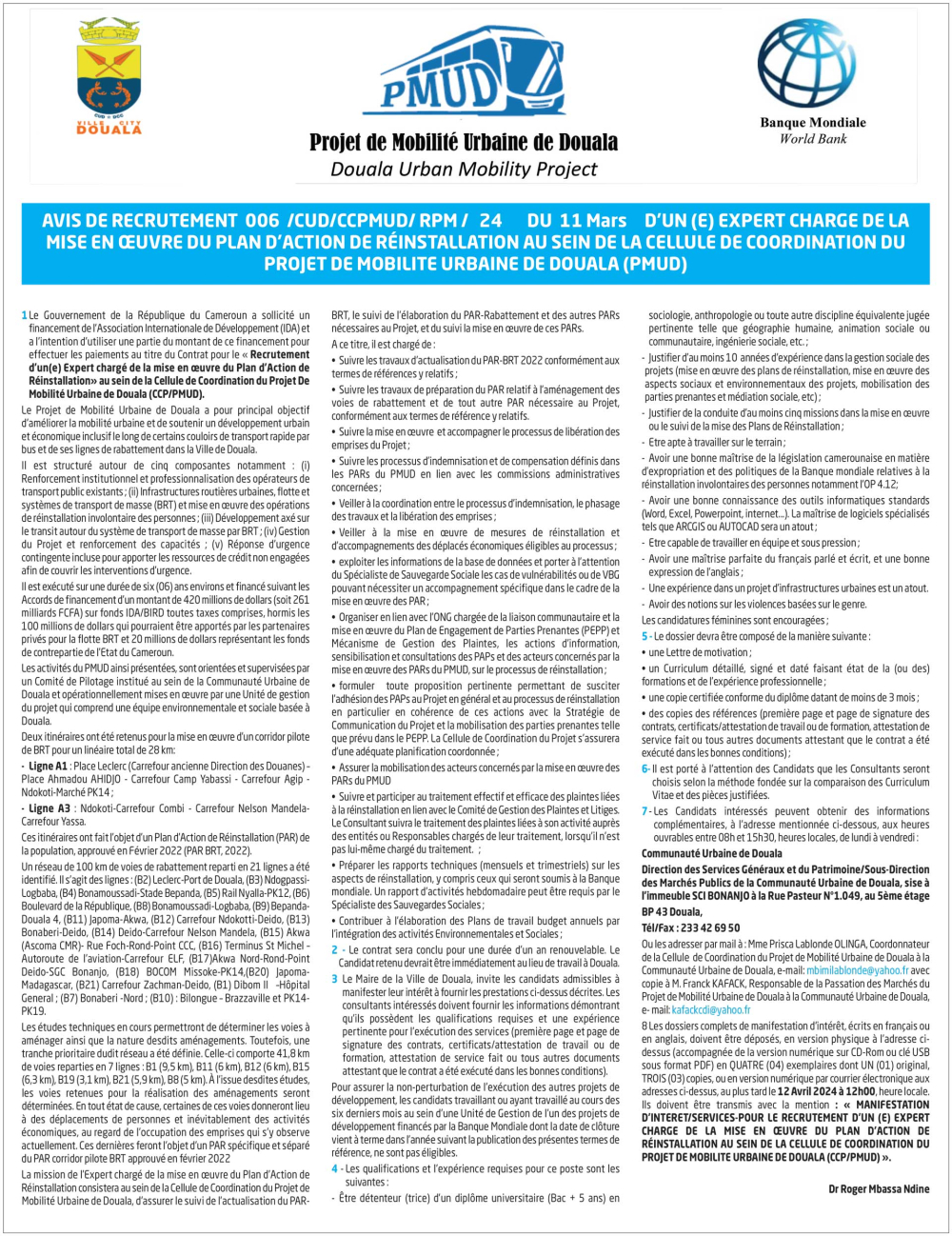Playing By The Rules
- Par Richard Kometa
- 25 oct. 2018 10:01
- 0 Likes
Cameroonians are currently waiting for the oath-taking ceremony by Paul Biya for the next seven-year tenure as President of the Republic. It follows the 7 October, 2018 poll that had nine candidates vying for the top job and the proclamation of official results on 22 October, 2018 by the Constitutional Council. Heated litigations left some of the contenders bowing to the verdicts, while others like the candidate of the Cameroon Renaissance Movement, Maurice Kamto refused to accept the results.
The posture has been justified by the fact that he has contrary reports from his followers on the field making it open for Cameroonians to start thinking that another conclusion different from that ruled by the Constitutional Council can be possible. Yet, all citizens know that Article 50 (1) of the Constitution states that; “Rulings of the Constitutional Council shall not be subject to appeal.
They shall be binding on all public, administrative, military and judicial authorities, as well as on all natural persons and corporate bodies.” Legally, that is the only way anyone can understand the outcome of the just-ended presidential election in the country. Otherwise, the other candidates, some of whom also had representatives in the same polling stations, could emerge with different results leading to total anarchy.
Without claiming to master the technicalities of legal proceedings like those organised by the Constitutional Council from Tuesday 16th to Friday 19th October to examine the 18 petitions related to the presidential election conduct, the verdict of the institution revealed one fact – there is a form and content that must be given to arguments in the council before they are taken as valid. Some of the honest candidates also defeated at the polls acknowledged defeat and committed themselves to work harder next time.
Even more interesting is their acceptance that they all knew the rules of the game and that like all human endeavours, the laws might not have been perfect, but they had no choice but to keep working as political parties to offer Cameroonians better laws. To think or function outside such a legal and institutional framework could lead to several unfortunate interpretations. Even worse, such continuous protests that could mislead naive minds to the level of questioning State institutions, knowing full well that nothing else will come out of the contest.
Since the rebirth of multiparty politics in Cameroon, the organisation of elections has evolved tremendously over the years, moving from the Ministry of Territorial Administration to ONEL One and Two and currently to Elections Cameroon. The country today ...
Cet article complet est réservé aux abonnés
Déjà abonné ? Identifiez-vous >
Accédez en illimité à Cameroon Tribune Digital à partir de 26250 FCFA
Je M'abonne1 minute suffit pour vous abonner à Cameroon Tribune Digital !
- Votre numéro spécial cameroon-tribune en version numérique
- Des encarts
- Des appels d'offres exclusives
- D'avant-première (accès 24h avant la publication)
- Des éditions consultables sur tous supports (smartphone, tablettes, PC)













Commentaires